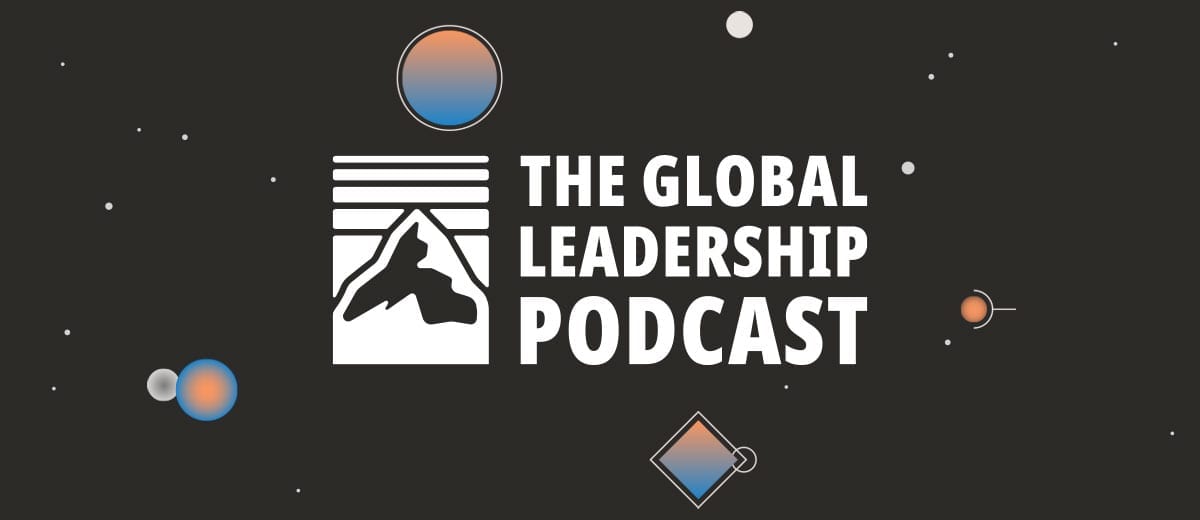
SUMMARY
“Culture” is everywhere: in our countries and communities, in our organizations, and in our teams. Moreover, culture is simultaneously extremely powerful and affected by those within it. To be blunt, effective leaders know how to respect culture, and also how to leverage it for team performance. INSEAD Professor Erin Meyer is an expert in business and organizational culture, and in this conversation with interviewer Jason Jaggard, she offers up valuable insights about culture, including how to work with international teams, how to hire to maximize creative culture, and how low performers can dramatically impact team culture. This is a fascinating listen for anyone leading teams.
KEY MOMENTS IN THIS EPISODE
05:53 “CONSTRUCTIVE” FEEDBACK DIFFERS ACROSS CULTURES. If your team is made up of people from multiple cultures and/or nationalities, be aware that what feels constructive in one culture may feel destructive or ineffective in another.
09:28 IF YOUR TEAM IS INTERNATIONAL, DO NOT LEAN TOO MUCH INTO EFFICIENCY. The more international your team is, the more you should invest in getting to know each other relationally.
19:55 A SIMPLE DEFINITION OF CULTURE. Culture is the personality of people groups.
22:55 A COMPENSATION STRATEGY FOR TOP PERFORMERS. In a creative endeavor (which can actually include non-profits), top performers provide an out-sized benefit, so consider hiring fewer positions, but compensate them well.
24:50 AN “INDIVIDUAL PERFORMANCE PROBLEM” IS NOT AN INDIVIDUAL PROBLEM. Low performers—particularly those with bad attitudes—have a dramatic, negative impact on organizational culture.
29:48 STEPS TO GIVING EMPLOYEE FREEDOM. Higher talent density and candor strongly contribute to creating a culture of employee freedom. Even if you’re a long way off from that culture, you can always find one step to take.
34:00 BEWARE OF CREATING POLICIES. Policies can ultimately restrict employee freedom, so try to find other ways to respond to bad actors/actions.
38:14 Host reflection and takeaways.
RELEVANT RESOURCES / LINKS
INSEAD: The Business School for the World
No Rules Rules: Netflix and the Culture of Reinvention (on Amazon.com)
The Culture Map: Breaking Through the Invisible Boundaries of Global Business (on Amazon.com)
What Color Is Your Parachute?: Your Guide to a Lifetime of Meaningful Work and Career Success (on Amazon.com)
“When Diversity Meets Feedback: How to promote candor across cultural, gender, and generational divides” (Harvard Business Review, Sept-Oct 2023)
QUESTIONS FOR REFLECTION
Go further with this episode by discussing the following questions with your team, or engaging in some personal reflection:
How have you seen low performers impact team culture? How was the issue resolved?
Moving Forward: What could you do differently as a result of this podcast?

Recent Comments